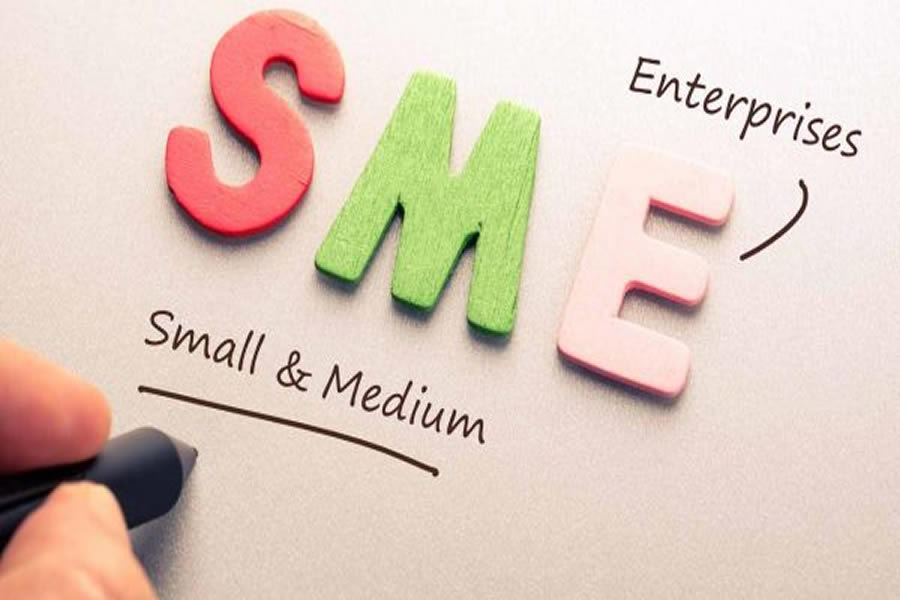The Chief Executive Officer of Global Innovation Learning Lab, Agwu Amogu, has said that an African Development Bank report estimates that Small and Medium-scale Enterprises spend around $14m every year to purchase diesel for various business needs.
Agwu was speaking during the launch of a new book by a former Minister of Finance, Kaku Idika Kalu titled “Tariff and non-tariff policies and impact on industrial development.”
Amogu also described that import substitution is a failed policy because Nigeria has not reaped the gains it should have gained from it.
He said, “In our context in Nigeria, we can clearly see that import substitution has been technically, a failed policy because the value we should derive from it, we have not gotten it. When you do import substitution, there is a tendency to take shortcuts. The efficiency of the industry is weakened and the competitiveness globally is lost.
“We know that $14m is spent annually by SMEs to buy diesel. That is huge. If we can close that gap, our demand for foreign exchange will drop and our competitiveness will increase — evidently, they spend 10 per cent of their profits just on diesel alone.
Speaking earlier, renowned economist and the Chief Executive Officer of Economic Associates, Prof Ayo Teriba, noted that trade remains a key pillar of global economic discourse, which makes tariff and their optimality an important element in the conversation of improving any economy.
According to him, since the turn of the century, the world is no longer a singularly driven economy, as technology emerged to compete with industrial firms which dominated the global economy.
In his remarks, the Minister of Budget and Economic Planning, Atiku Bagudu, hailed Kalu Idika for his contributions to the Nigerian economy.
He recalled working as an assistant to Dr Kalu during his time as the Minister of Finance, during which he championed several reforms that repositioned Nigeria towards the path of growth.
Bagudu further stated that Nigeria requires structural shifts in how things are done.
These shifts, he according to him, encapsulate the willpower that Kalu displayed during his time in public service.
The Chairman of the event, Obi of Onitsha, Igwe Nnaemeka Achebe, said despite experimenting with several types of government, Nigeria is still on the downward trend.
Achebe said, “Since the military coup of 1966 the country has spiraled downwards with every regime ending up worse than its predecessors and yet each regime comes up as a corrective regime. We have experimented with various types of government but none has proved as effective as that which was fashioned by our great founding fathers at independence.”
Punch

